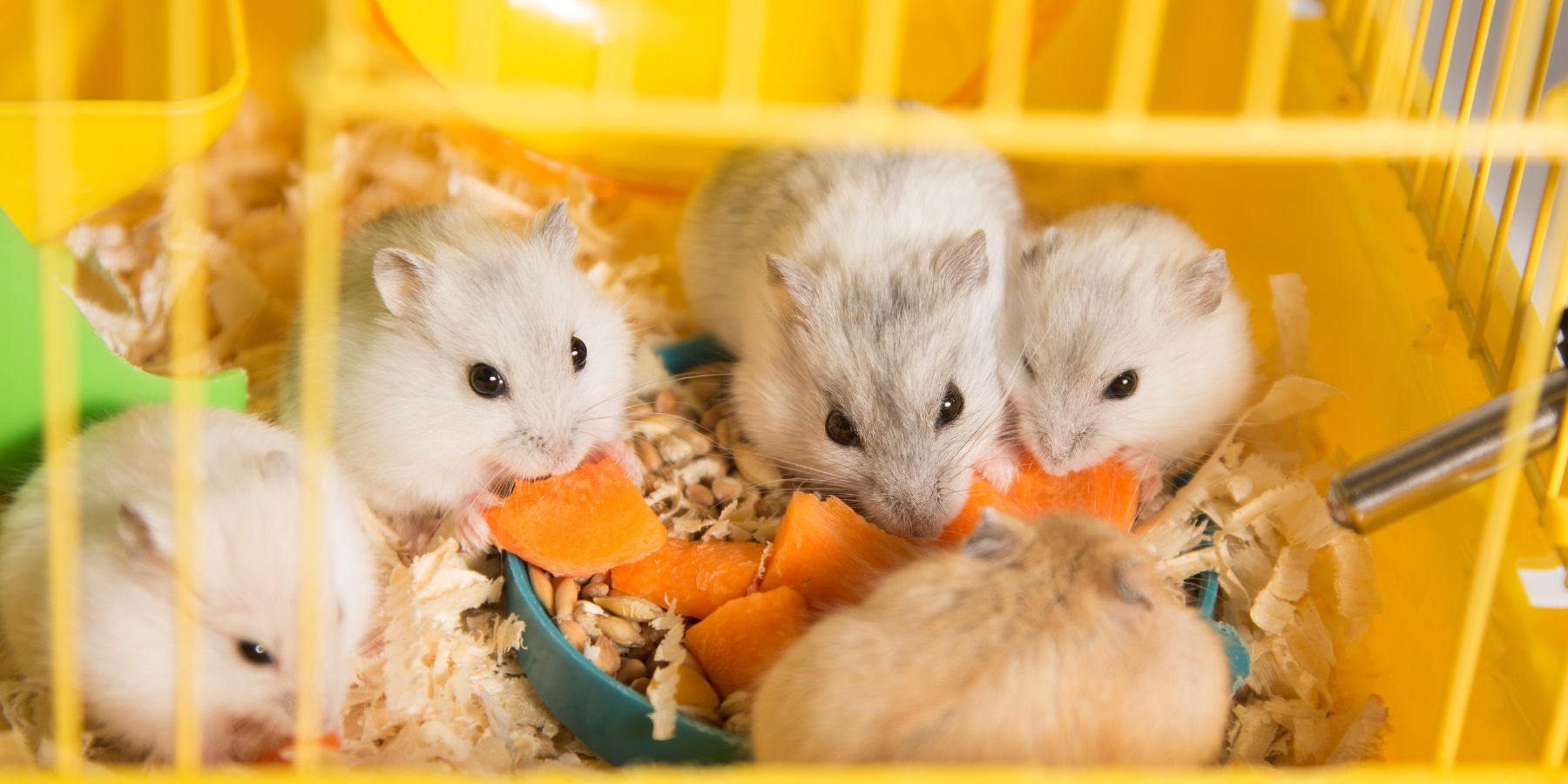For hamster owners, understanding what to feed their furry friends is crucial for their health and happiness. One common question is about fruits: “Can hamsters eat fruits?” The answer is yes but with caution. Fruits can be a delightful treat for your hamster, but not all fruits are safe. Let’s explore the dos and don’ts of feeding fruits to hamsters.
Understanding Hamsters’ Diet
Hamsters are omnivores, which means they eat both plant-based and animal-based foods. Their diet in the wild includes grains, seeds, insects, and fruits. However, domestic hamsters’ diets need to be controlled as they can easily become overweight or develop health issues from improper feeding.
Safe Fruits for Hamsters
Apples
One of the most common questions is, “Can a hamster eat apples?” Yes, they can, but there are some important guidelines to follow. Apples should be given in small amounts as they are high in sugar. Remove the seeds, as they can be toxic to hamsters. Also, ensure the apple is fresh and washed to remove any pesticides.
Bananas
Bananas are another safe option for hamsters. They are a good source of potassium and vitamins but are also sugary. Offer tiny slices occasionally to avoid digestive issues or diabetes.
Berries
Berries like strawberries, blueberries, and raspberries are safe for hamsters in moderation. They are rich in antioxidants and vitamins but should be given sparingly due to their sugar content.
Melons
Watermelon and cantaloupe can be given as a treat. They are mostly water, so they are a good option in small quantities during hot weather. However, remove the seeds and rinds to prevent choking hazards.
Unsafe Fruits for Hamsters
While many fruits are safe for hamsters, some should be avoided due to their high acidity, sugar content, or toxic substances.
Citrus Fruits
Citrus fruits like oranges, lemons, and grapefruits are too acidic for hamsters and can cause digestive issues.
Grapes and Raisins
Grapes and raisins are harmful to hamsters and can cause kidney damage. They should be avoided entirely.
Fruit Seeds and Pits
Many fruits have seeds or pits that can be toxic or pose choking hazards. Always remove seeds and pits from fruits like apples, cherries, and peaches.
Tips for Feeding Fruits to Hamsters
Introduce new fruits slowly and in small amounts to monitor for any adverse reactions.
Wash all fruits thoroughly to remove pesticides and chemicals.
Cut fruits into small, manageable pieces to prevent choking.
Avoid canned or processed fruits as they often contain added sugars or preservatives.
Observe your hamster’s reaction to different fruits. Some may prefer certain types over others.
Balancing Your Hamster’s Diet
Fruits should only be a small part of your hamster’s diet. The majority of their nutrition should come from high-quality hamster pellets, which are formulated to meet their nutritional needs. Supplement this with a variety of grains, vegetables, and occasional protein sources like boiled eggs or mealworms.
Conclusion
Fruits can be a healthy and enjoyable treat for your hamster, but it’s important to know which ones are safe and how to serve them. Remember, moderation is key. A balanced diet is essential for your hamster’s overall health and well-being. So next time you’re enjoying an apple and wonder, “Can my hamster eat a piece of this?” the answer is yes, but remember the guidelines for a happy and healthy hammy.
